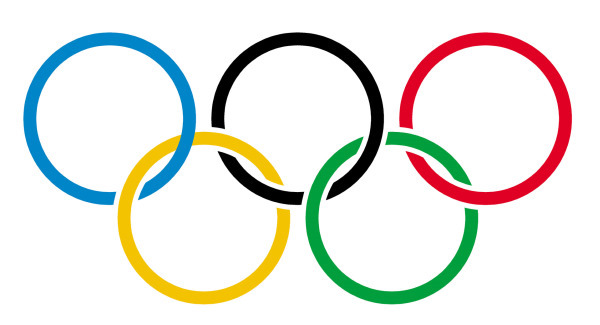Former World Anti-Doping Agency president Dick Pound has admitted there is a “disconnect” between Olympic sports and the anti-doping community – but is convinced it can be fixed.
Pound, an International Olympic Committee member since 1978, has been a vocal critic of the decision by the IOC’s executive board not to ban the Russian Olympic Committee from the Rio Games.

The 74-year-old Canadian restated his position in a typically forthright speech at the IOC’s 129th session in Rio, but it did not sway the room as two hours later only one of the 90 IOC members, Britain’s Adam Pengilly, voted against the motion to endorse that decision.
Even Pound admitted later he realised the futility of opposing the consensus so he also put his hand up in support of the executive board’s stance.
“The decision has been made, it’s not going to get changed between now and the start of the Games,” the former Olympic swimmer explained before listing the concessions he believed had been gained from the IOC.
“You’ve got a commitment to complete (Richard McLaren’s) report, you’ve got a commitment to involve the session, you’ve got a commitment to involve athletes, you’ve got a semi-commitment to a special session – I thought that wasn’t bad given the circumstances.”
It was Pound who raised the idea of an extraordinary session on the Russian doping crisis during his speech in Rio and it did receive some backing from subsequent speakers.
But the overwhelming impression gained from listening to the IOC members who spoke during the debate on the Russian doping crisis was that the Olympic movement places the blame for what has happened squarely at WADA’s door.
“Yes, there’s some disconnect and we’re going to have bridge that gap,” said Pound, who was WADA’s inaugural president, leading the Montreal-based organisation from 1999-2007.
“(The IOC) will have to recover our position in terms of leadership but it’s doable.
“We did it with a special session after the (Olympic) boycotts with a special session in 1984 and we did it after the Salt Lake City (bidding scandal in 1998).
“It’s hard work but unless you generate a consensus it’s very hard to do anything.”


